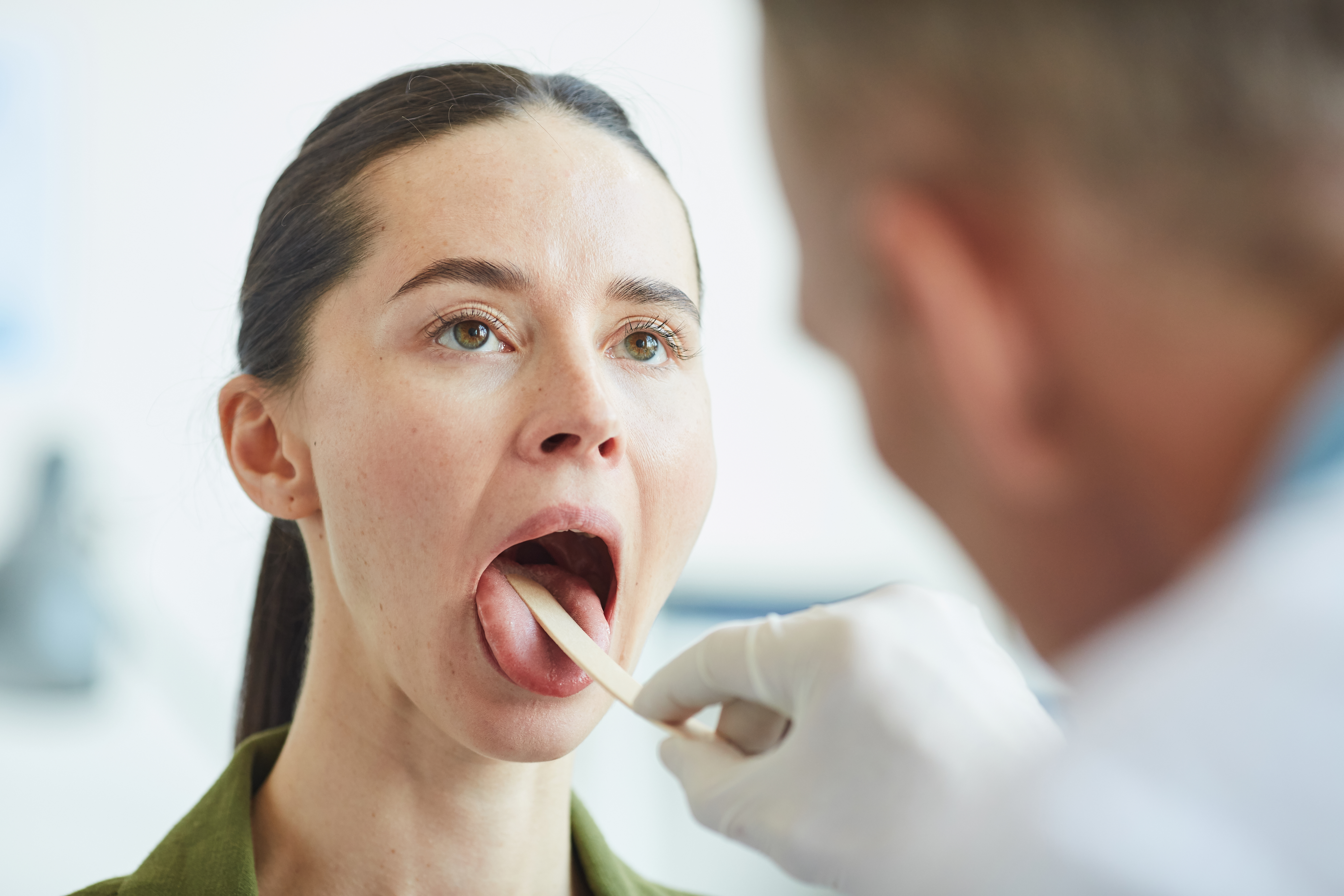Unanticipated Twists and Turns of Anxiety Medication Side Effects
13. Dry Mouth

Dry mouth, also known as xerostomia, is a common side effect of anxiety medications, particularly tricyclic antidepressants and benzodiazepines. Reduced saliva production can lead to discomfort, bad breath, and an increased risk of dental issues like cavities. Patients experiencing dry mouth should drink water frequently, chew sugar-free gum, or use saliva substitutes. Regular dental check-ups are essential to prevent oral health problems. If the dry mouth persists or becomes severe, discussing it with a healthcare provider can help determine if an alternative medication or additional treatment is needed.
14. Increased Heart Rate

Some anxiety medications, particularly SNRIs, may cause an increased heart rate or palpitations as a side effect. While this can be concerning, it is often harmless. However, patients with preexisting heart conditions or a history of cardiovascular issues should monitor their heart rate closely and report any irregularities to their doctor. Managing this side effect may involve switching medications or adjusting the dosage. Lifestyle changes, such as reducing caffeine intake and practicing stress-reduction techniques, may also help regulate heart rate.
